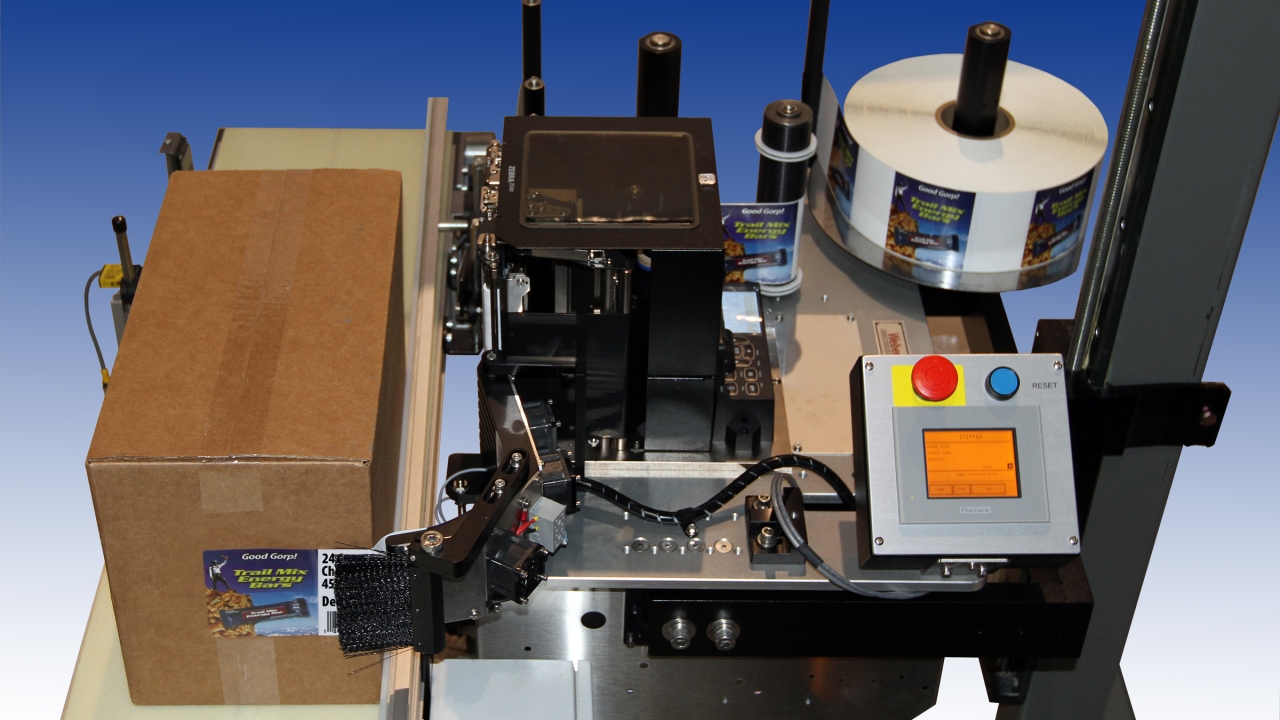One of the most essential equipment for a company that has to attach labels to its products is the label applicator. Whether it’s food packaging, cosmetics, or pharmaceuticals, it ensures labels are applied accurately and efficiently. The right and different label apply applicator can make all the difference in the smooth operation of a production line. Several factors should be considered to ensure the best fit for a business’s needs.
Understanding Label Apply Applicators
Label-apply machines are used to place labels onto products, packs, or packages. There is a wide array of styles and sizes depending on the type of products to be labeled and the speed of production requirements. Fully automatic applicators handle large quantities with accuracy, whereas semi-automatic ones offer a lot of manual control for small-scale operations. These machines can handle different shapes and surfaces, from flat boxes to round bottles. The right one depends on the design of the product and the level of efficiency a business needs.
Types of Label Apply Applicators
There are loads of applicator types, that can be designated for a unique application. Of course, wrapping applicators are one of a kind, intended to be for bottles and almost all cylindrical-type items. It ensures neat wrapping of the label around the product without wrinkles. On the other hand, side applicators are perfect for flat or rectangular surfaces as they ensure uniform application on one or both sides of the product. For products requiring labels on top and bottom, top-and-bottom applicators are preferred. It saves time by applying two labels simultaneously, especially for food and beverages. Corner wrap applicators are also used for tamper-evident labeling to ensure that the product, like medicines or sealed packages, has a layer of security.
Factors to Consider Before Buying
Businesses with high production demands often need a fully automated applicator to keep up with the speed of their operations. For smaller companies or startups, a semi-automatic machine might be more cost-effective and easier to manage. The type of product being labeled is another critical factor. Round bottles, flat boxes, and irregularly shaped items each require a specific type of applicator. Choosing a machine that can handle the shape and size of the product is essential for accurate labeling. The type of label being used also matters. Some applicators are designed with pressure-sensitive labels, while other applicators come with heat-shrink sleeves and glue-applied labels. Compatibility will be the essential factor in assuring that they do not incur unnecessary costs or delays. Moreover, durability is also important with ease of use. A device that is quite easy to put up and clean will save considerable time and fewer hours of delay during production. It pays to search for applicators made from sturdy materials that would withstand the rigorous demands of a busy production house.
Conclusion
Any business making the right label apply applicator choice will invest in a machine that best fits their production volume, type of product, kind of label, and machine durability. With all these factors, a good applicator is expected to help the business work efficiently and accurately with less chance of labeling mistakes. By purchasing the right equipment, businesses will be able to improve their operations and achieve labeling with confidence.

